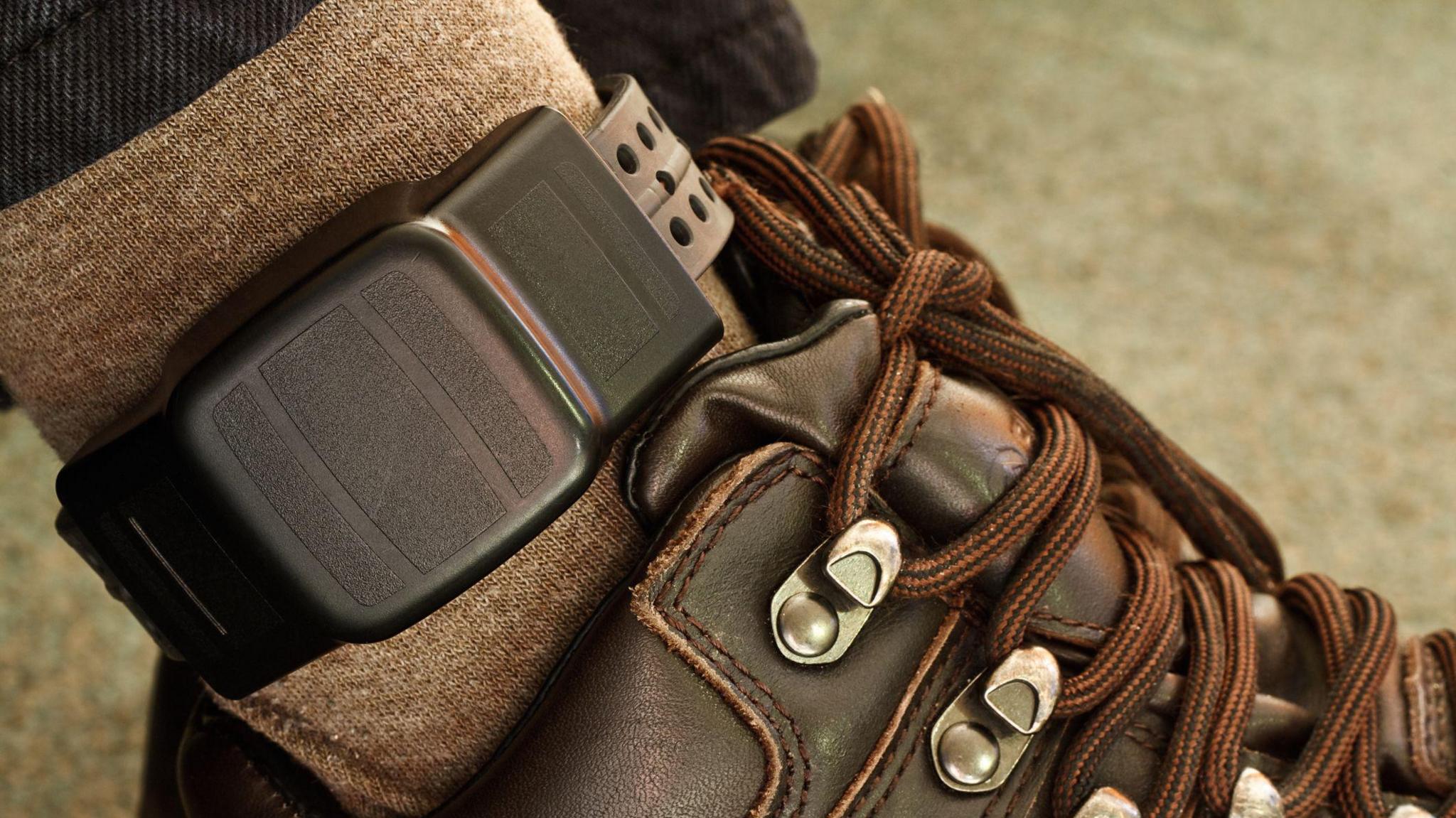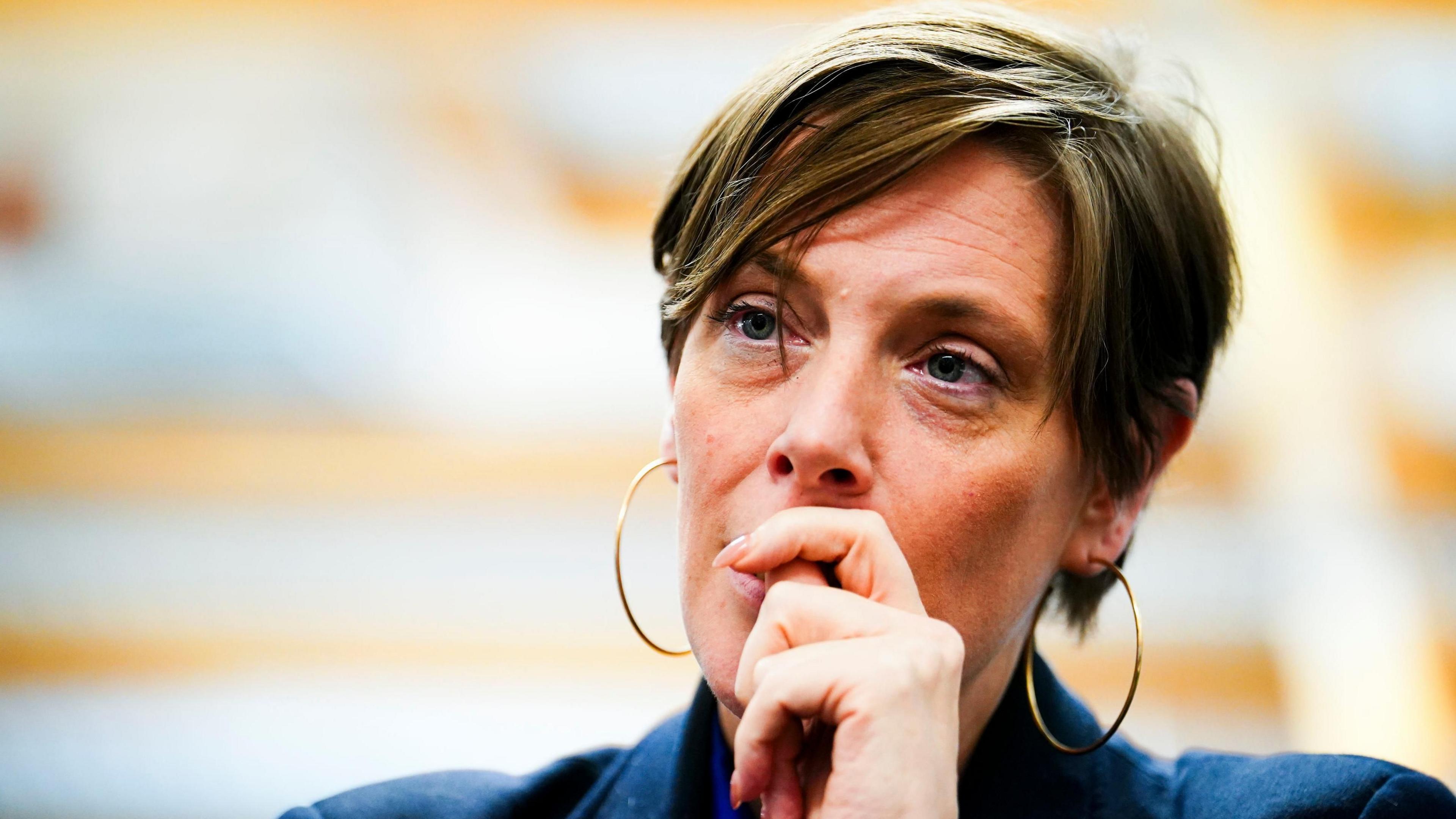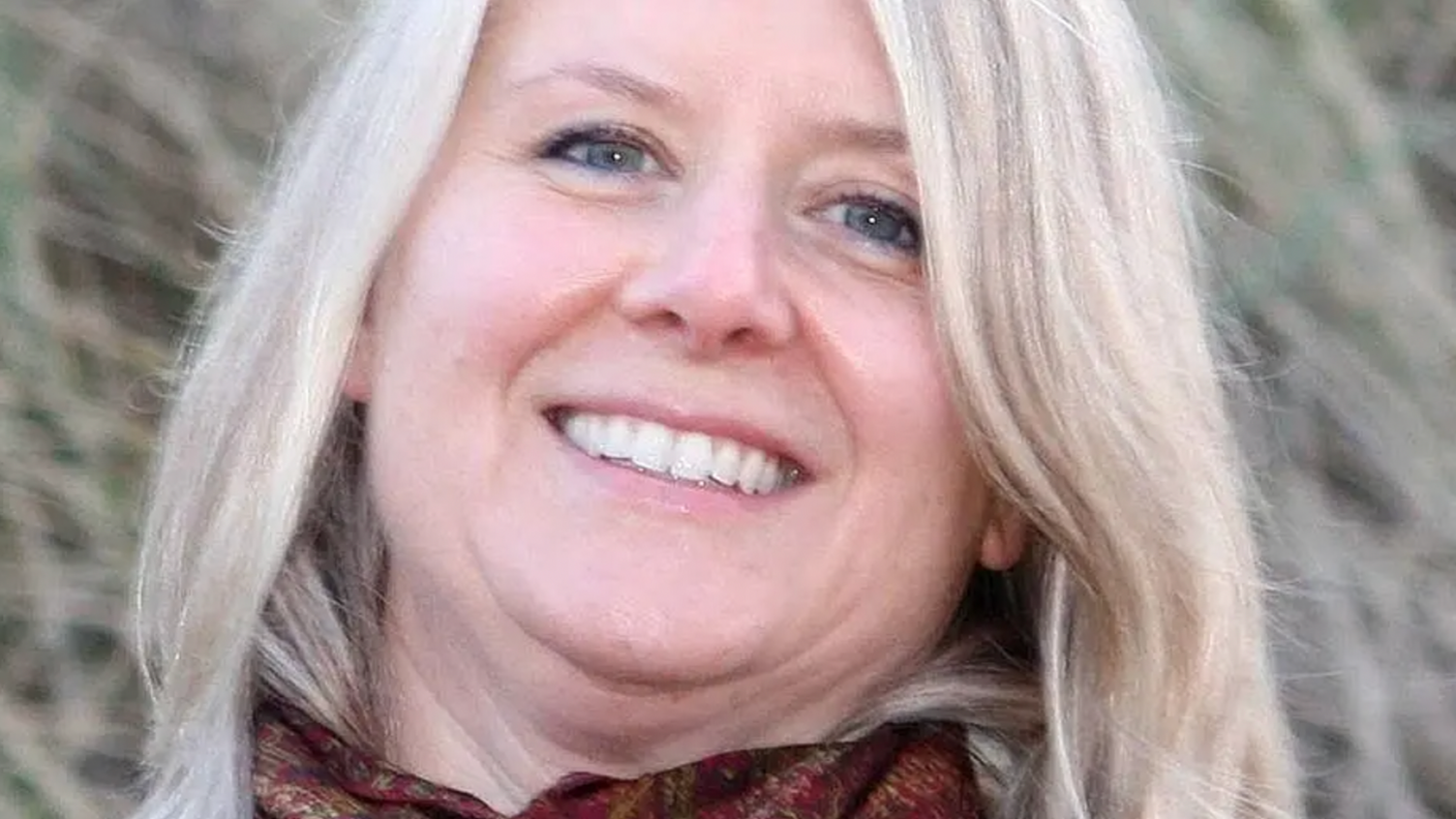Stalkers to be tagged on prison release in pilot

City Hall said using GPS technology ensured the focus remained on behaviour change in stalking offenders, not victims
- Published
More than 200 stalking offenders released from prison will be GPS tagged by March 2026 under a pilot scheme from the Mayor of London, Sadiq Khan.
People who have served custodial sentences for stalking offences will be tagged with a tracking device under strict licence conditions, City Hall said, to "protect victims and help prevent reoffending".
Mr Khan said the pilot would play a key role in preventing reoffending and safeguarding victims.
London's victims' commissioner Claire Waxman said the pilot was "a significant step in the right direction".
The pilot forms part of the mayor's £233m investment in tackling violence against women and girls, City Hall said, and was developed following close consultation with victims and survivor groups across the capital.
The mayor is also investing an initial £50,000 to help ensure the management of stalking cases and greater information-sharing with partners under the pilot including the Metropolitan Police, London probation service, the NHS and the Suzy Lamplugh Trust.
It follows two other tagging-programme pilots launched by the mayor, involving knife crime and domestic abuse offenders.
It comes after the government announced stalking victims would have the right to be told the identity of their abusers and said there would be tougher sentences for domestic homicide offenders following an independent sentencing review.
Domestic abusers to be tagged on prison release
- Published9 March 2021
Knife offenders to be tagged on release
- Published11 February 2019
Offenders to be tracked using GPS tags
- Published22 March 2017
Mr Khan said: "The £5.7m GPS tagging programme has been working to ensure perpetrators of violence change their behaviour, not victims and survivors.
"I will continue to do everything within my power to ensure that ending violence against women and girls is treated with the utmost urgency – both by our police and society as a whole as we continue to build a safer London for everyone."
Welcoming the mayor's new pilot, Ms Waxman said: "This will allow probation services and the police to effectively monitor stalkers and provide an extra layer of security to victims."
She added that it was "incredibly important that stalking victims get the support and protection they require".
The Suzy Lamplugh Trust, a personal safety charity, also welcomed the pilot, but said it was important those who breached licence conditions were charged.
"We are keen to monitor the success of this scheme – how many tags are implemented, how many times they are breached and what the consequences of those breaches are. I think that's the reassurance the victims need that this is going to work," said head of policy Saskia Garner.
James Timpson, the minister for prisons, probation and reducing reoffending, said making streets safer was "central" to the government's plan for change and the tags would help victims "feel safer going about their lives".
If you have been affected by any of the issues raised in this story you can visit the BBC Action Line.
Listen to the best of BBC Radio London on Sounds and follow BBC London on Facebook, external, X, external and Instagram, external. Send your story ideas to hello.bbclondon@bbc.co.uk, external
Similar stories
- Published3 December 2024

- Published6 December 2024

- Published4 December 2024
